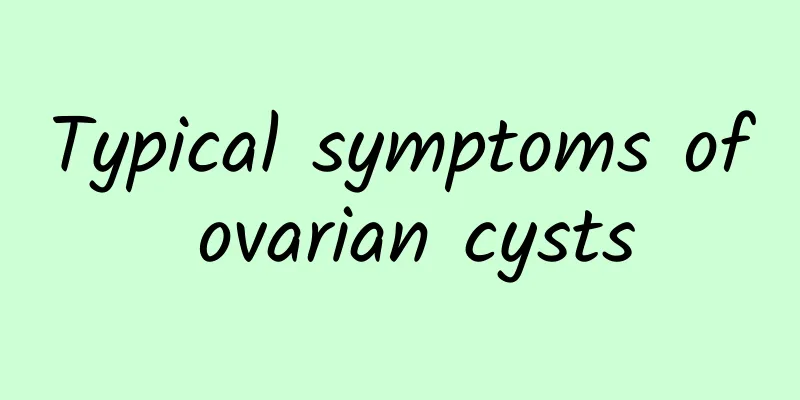The harm of medical abortion to the body

|
At present, due to inadequate contraceptive measures, more and more people are suffering from accidental pregnancies. Many women who do not want children will go to the hospital for abortion. In fact, women who have undergone medical abortion know the harm of medical abortion to the body. If you are not careful during medical abortion, a momentary negligence will cause some health problems. So what are the harms of medical abortion to the body? Let us learn about it together. 1. Cause infection: After women take anti-pregnancy drugs, the embryonic sac tissue in the uterine cavity can be discharged on the same day. Sometimes the pregnancy tissue is not fully discharged, the uterine membrane is not restored well, and the vaginal bleeding lasts for a long time, which can last for 2 to 3 weeks or even 1 to 2 months. Long-term chronic blood loss can cause anemia and reduce the body's resistance. At this time, bacteria often go back through the vagina and cause endometrial inflammation. 2. Incomplete abortion: Some women suffer incomplete miscarriage after taking the medicine, which affects uterine contraction and the repair of endometrial wounds, causing a significant increase in vaginal bleeding, which is 2 to 3 times more than the normal menstrual volume. In severe cases, heavy bleeding may occur, leading to anemia and shock, requiring blood transfusion and emergency surgery to curettage and stop the bleeding. 3. Impact on normal pregnancy: Unmarried women who have repeated pregnancies and miscarriages can have their endometrium damaged repeatedly. Once they have a normal pregnancy, they are more likely to have placenta previa, which can cause heavy bleeding before delivery. Some women also have habitual miscarriages due to multiple artificial abortions. 4. Menstrual disorders: Anti-pregnancy drugs can inhibit the function of the ovaries, affect the growth and development of follicles and even ovulation. After medical abortion, some women may experience menstrual disorders, which are manifested as shortened or prolonged menstrual cycles and increased menstrual flow. |
<<: What are the dangers of medical abortion?
Recommend
What symptoms can be relieved by massaging Taixi acupoint? Heel pain, dysmenorrhea, etc.
The Taixi acupoint is located in the depression b...
What should I eat before and after vaccination to prevent side effects from getting out of control? Nutritionist: Vitamin A, vitamin C, and protein are essential
Recently, the Omicron variant has entered the com...
What are the symptoms and treatment of pelvic inflammatory disease?
What are the symptoms and treatments of pelvic in...
Experts explain the diagnostic methods of ectopic pregnancy
Ectopic pregnancy is a common disease in women. I...
Does vulvar itching affect life expectancy?
There are so many reasons for vulvar itching, and...
What are the steps for women to prevent cancer from cervical erosion? Patients with cervical erosion should undergo cancer prevention screening in this way
Cervical erosion is what is medically called cerv...
What is Ⅱ degree cervical erosion? Medical explanation of Ⅱ degree cervical erosion
Grade II cervical erosion indicates that the area...
What causes uterine fibroids?
Uterine fibroids are a common benign tumor in the...
Adenomyosis can be cured
Adenomyosis is a diffuse or localized lesion caus...
Will medical abortion affect pregnancy? What are the precautions for medical abortion?
If a woman does not want the child after an unexp...
Will a Bartholin's gland cyst get bigger?
Bartholin's gland cysts usually do not get bi...
A must-learn for those who sit for long periods of time! Three exercises to lose body fat
Whether standing up, walking, or bending over, ev...
Enjoy slimming without worries by starting with 10 small habits
To lose weight, do you have to live like an ascet...
No need to be greasy when eating tonic food: Nutritionist's light tonic food
When it’s cold, there’s nothing better than a pot...
Why do we need to do B-ultrasound examination before abortion?
Why do we need to do B-ultrasound examination bef...









